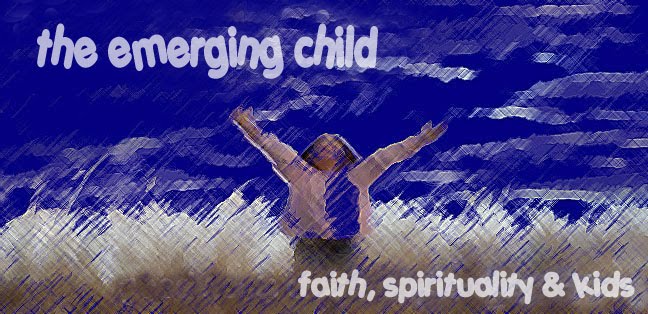
Thanksgiving? What's that? As we hurtle toward Christmas, I am amazed at how early we are inundated with the festive holiday marketing. Every year, it seems earlier and earlier that stores begin packing their isles with decorations, displays and Christmas themed products. This year it was well before Halloween, which makes me sometimes think that we are gradually moving toward one single Fall “Holiday Season”, rather than three individual celebrations. Thanksgiving is basically rolled over by the Christmas steam engine. Just a low profit holiday stuck between Halloween and Christmas. And I must admit, despite my frustration of the over marketing of Christmas, even in Christian stores, I get sucked into the web of consumerism that business weaves so strategically. What “stuff” do I want this year? What kind of cool “stuff” can I buy for my boys? How many more lights can I get on my house? How much larger of a tree can we squeeze into the living room? How can we make this the best Christmas so far? And before I know it, I’m spending more than I should and feeling less content.
Many years ago, my parents gave me an inspirational picture for Christmas that I hung in my office. The peaceful image was of a golden sunset silhouetted by a man in a kayak rowing across a calm, glassy lake. The picture was titled “Contentment” and the caption read, “When you can look at the past with pride and the future with hope, you can live comfortably with today”. It was'nt until many years later that I realized how true these words really are. The apostle Paul knew very well the true meaning of contentment and we see this repeated throughout many of his letters in the New Testament.
In Paul’s letter to the Philippians, he says, “I have learned to be content whatever the circumstances. I know what it is to be in need, and I know what it is to have plenty. I have learned the secret of being content in any and every situation, whether well fed or hungry, whether living in plenty or in want. I can do everything through him who gives me strength.” (Philippians 4:11-13).
From these words, we see that Paul understood that we have no real control over the past or the future. The only period of time that we can physically live within is the present. And our present situations in life can only be made peaceful through a complete surrender to God. The secret of contentment which Paul speaks of, lies in the last verse. “I can do everything through him who gives me strength.”
Paul reaffirms this understanding in his first letter to Timothy. In 1 Timothy 6:6-8, Paul again links the secret of contentment to God. “But godliness with contentment is great gain.” He then goes on to teach us that our physical possessions have nothing to do with our contentment. “For we brought nothing into the world, and we take nothing out of it. But if we have food and clothing, we will be content with that.” And doesn't this seem to be what being "thankful is all about"? No wonder marketers don't want to focus on Thanksgiving! We might not spend as much because we are content with what we have!
But as we begin our plans for Christmas, let's not forget take a break and actually give thanks for what God has done in our lives. Observe Thanksgiving and take some time to discuss your blessings with your children. Help them to understand what it means to be thankful and who we are thankful to. Let us help them to see that contentment does not lie in all the "stuff" of life. Contentment lies in being "thankful" for what God has given us each day; whether good or bad; whether a lot or just a little. "Be joyful always; pray continually; give thanks in all circumstances, for this is God's will for you in Christ Jesus." (1 Thessalonians 5:16)

